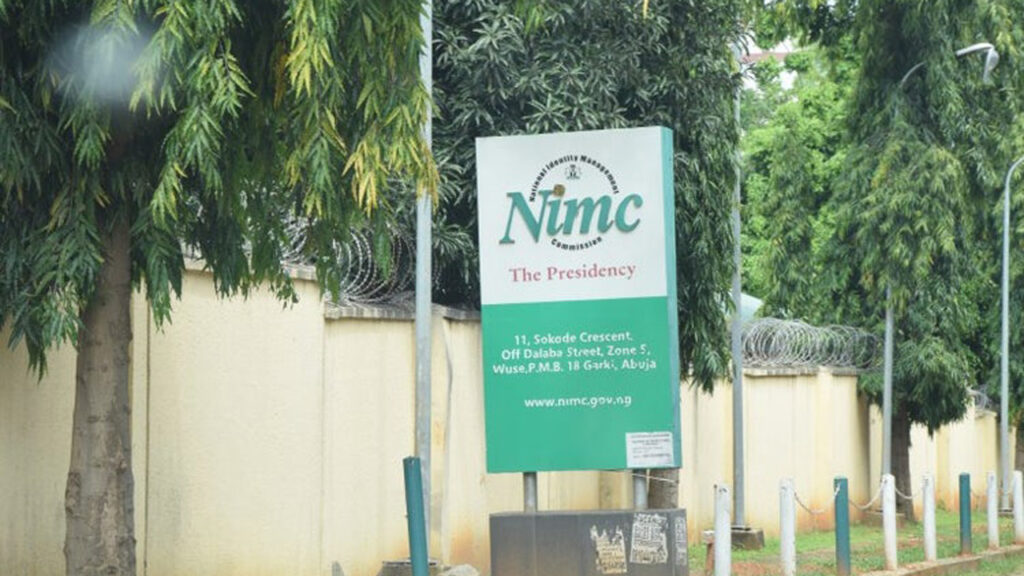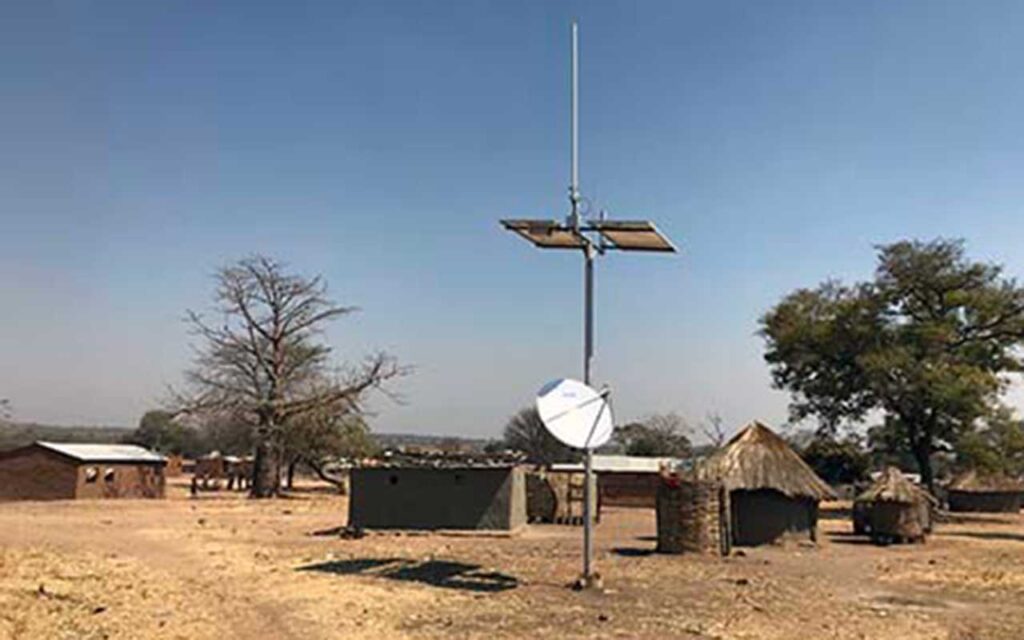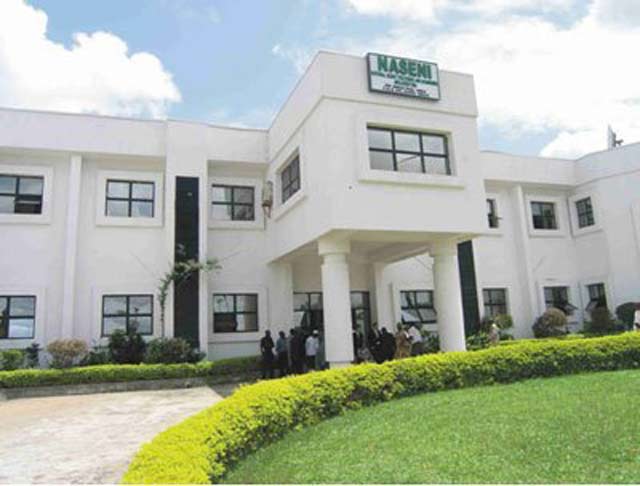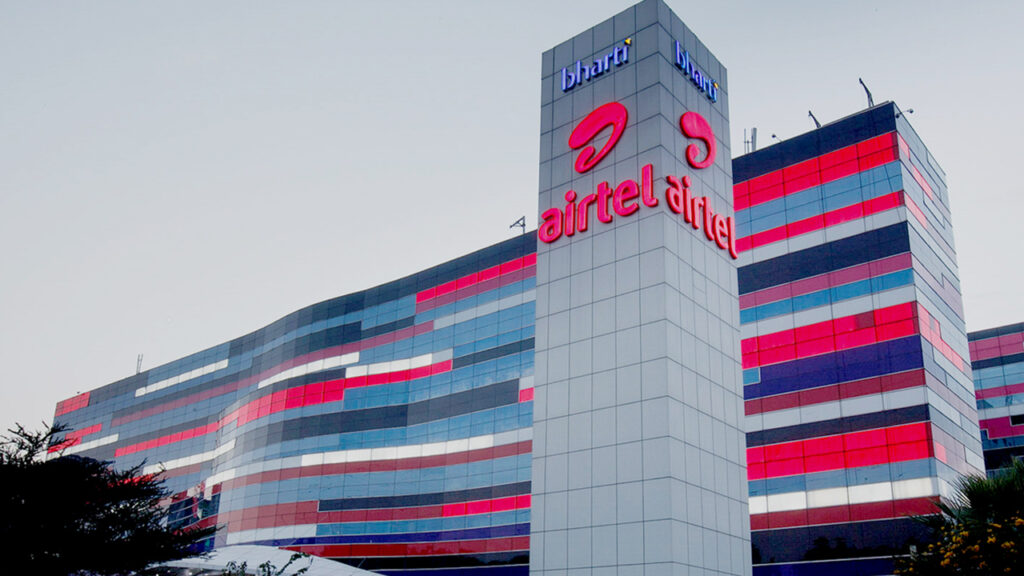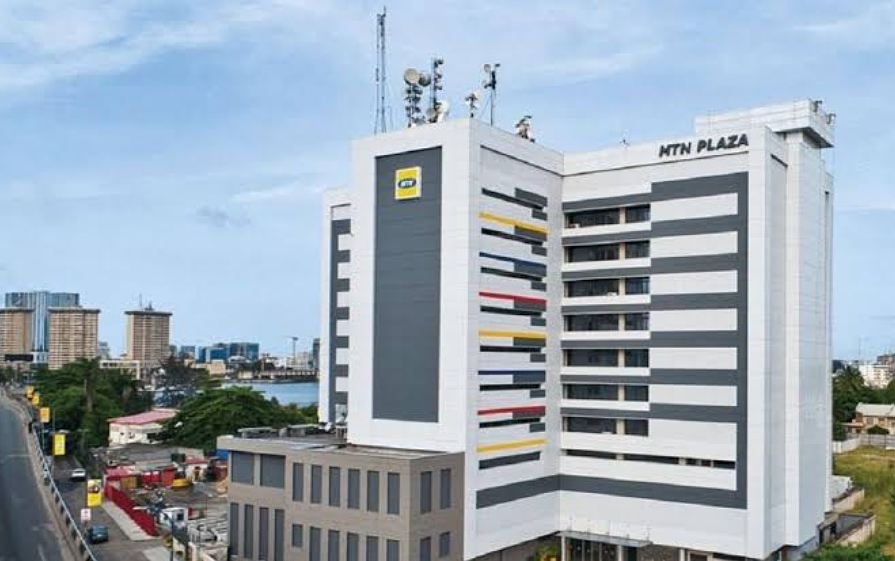
An IT expert and the Head, Sydani Technologies Limited, Noble Ajuonu, has urged the Federal Government to harmonise the National Identification Number (NIN), Bank Verification Number (BVN) and Voter Identification Numbers (VIN) to tackle the increasing insecurity in the country.
Speaking at the media roundtable organised by Sydani Group in Abuja, Ajonu, who argued that Nigeria can harness technology to combat insecurity, observed that while the courage and dedication of the security personnel remain indispensable, a powerful ally lies underutilized, which is technology.
Ajonu pointed out that by embracing technology and implementing practical solutions, Nigeria can overcome its security challenges and pave the way for a safer, more secure future for all Nigerians.
He stated that from leveraging data analytics and surveillance systems to intercepting critical communications and engaging communities, developed countries have adopted a myriad of tools to bolster security apparatus.
“Insecurity remains a pressing concern in Nigeria, presenting a complex and multifaceted challenge that demands innovative solutions. As the nation grapples with various threats, ranging from insurgency and terrorism to kidnapping and cybercrime, the need for effective strategies to combat these adversaries has never been more urgent.
“Nigeria’s security sector, despite some modernisation efforts, largely lags in harnessing readily available tools. As of December 2023, according to the National Identity Management Commission (NIMC), only 104.2 million Nigerians have been enrolled for their NINs. This represents roughly 46 per cent of the estimated population of 226 million (Worldometer, Jan 2024 estimates).
“This leaves a significant gap of over 122.2 million Nigerians not yet captured in the NIN database. Most of these uncaptured Nigerians are prevalent in rural areas, where access to NIN enrolment centers and digital services is limited which happens to be where most of the insecurity events are recorded and perpetuated from,” he stated.
Ajonu warned that this lack of comprehensive identification creates a lacuna where elements not captured in the National database can constitute public nuisance, perpetuate all kinds of mayhem and remain unidentifiable.
He noted that the NIN, BVN and VIN initiatives were aimed to create comprehensive databases, however, their integration with security agencies’ systems remains inadequate.
He said, “Imagine the power of cross-referencing criminal profiles with NINs and VINs or tracking suspect bank transactions using BVN. Fragmented systems render such powerful tools useless’.”
The tech expert observed that cities across the globe rely on CCTV networks to deter crimes and track perpetrators but Nigeria’s CCTV infrastructure is often inoperable or poorly maintained, saying “imagine the impact of strategically placed, functional cameras in high-risk areas – deterring kidnappings, robberies, and providing crucial evidence.”
Ajonu said that a ransom call, which is an advanced call interception and analysis tools, used successfully in other countries, could provide invaluable insights into criminal networks and operations but Nigeria lacks the necessary infrastructure and expertise to tap into this vital source of intelligence.
He noted that Nigeria is a five tier data security system in terms of verification but lamented that NIMC is not in harmony with the Nigerian Communications Commission (NCC) and the National Boundaries Commission (NBC)
He urged the government to ensure data harmonisation and prioritise seamless integration of databases like NIN, BVN, and security agency records and also establish clear protocols for data sharing and access, with robust safeguards against misuse.

